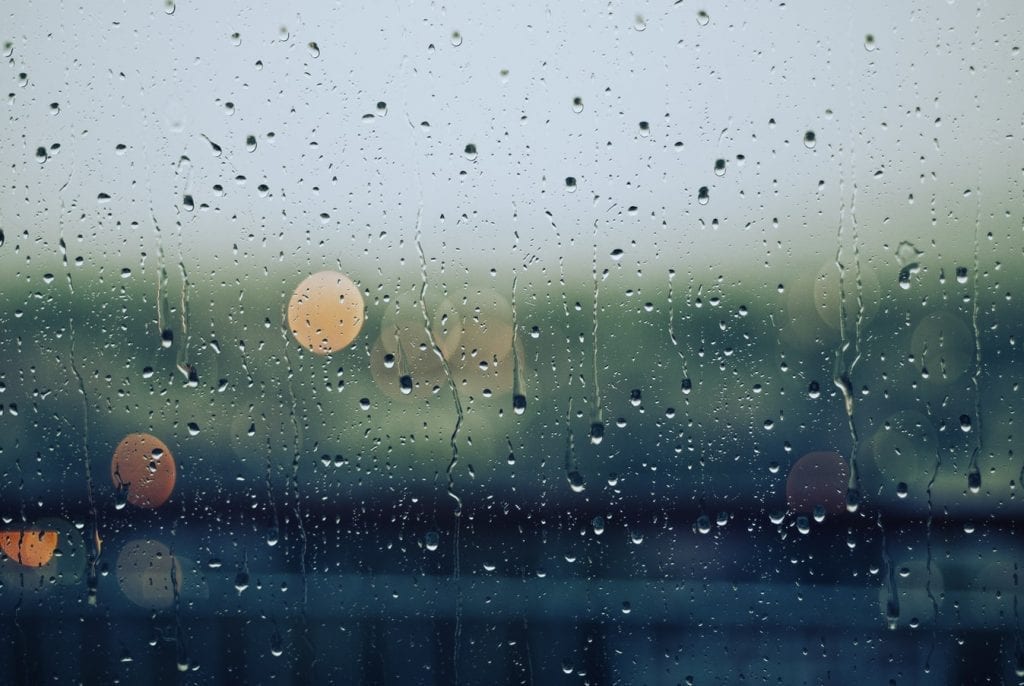Many property owners are not aware of coverage limits for water damage in general insurance policies. It is a good idea to review the terms and conditions of coverage and make sure your current policy is sufficient to offset a wide range of cleanup and restoration costs. A homeowner’s insurance policy or commercial property insurance policy may not cover the cause of water damage, but coverage should be available for resulting damage. It is also important to account for the fact that certain types of water damage and related secondary damage are excluded from most general property policies.
Check each of the following components to determine your level of coverage for water-related damage. Depending on which types of damage are covered or excluded under your current primary policy, you may want to consider switching policies or obtaining endorsements, riders, or additional coverage to reduce out-of-pocket expenses in the event of water damage.
Covered Perils
Water damage caused by an appliance leak or plumbing problem should be covered under most property policies. Keep in mind that the cause of damage may not be covered, particularly if there is any indication that the incident occurred due to negligence on the part of the owner. Property owners should generally expect that the expenses for an appliance or plumbing repair will need to be paid out of pocket.
Scheduling regular inspections and keeping detailed records to prove that you have taken reasonable measures to prevent damage from occurring may allow for the cause of damage to be covered in addition to the consequences. General property insurance should kick in to cover the costs associated with mitigation and cleanup, which may involve water extraction and disinfection, as well as restoration expenses up to a stated limit.
Exclusions
Many policies entirely exclude certain types of damage such as flooding or sewer backups. The risks that are cut out from a home or commercial property insurance policy vary depending on the insurer, the property itself, and the terms of the policy. If you would like to obtain some level of coverage for any excluded perils, you may want to consider switching policies or seeking endorsements, riders, or policies. Additional coverage is useful for offsetting the costs of cleaning up, repairing, or remediating any types of damage that are not covered by a primary policy.
Endorsements and Riders
Ask your property insurance provider about ways to add coverage for perils that are cut out or excluded from a primary policy. You may end up being able to buy this coverage back in the form of an endorsement or a rider. These forms of additional coverage may also be useful ways to increase limits for cleaning up and repairing certain types of damage.
For example, the owner of a structure that is prone to water damage may be interested in obtaining coverage for mold testing and remediation. Mold testing and cleanup are excluded from most property insurance policies, but you may be able to buy back additional coverage from your primary policy provider. The one type of water damage that exceeds the level of an endorsement or rider is flood insurance.
Flood Coverage
The largest flood insurer in the United States is the National Flood Insurance Program, which is administered by the Federal Emergency Management Agency. Flood insurance coverage is required for any property located in an area that is designated a flood zone on maps maintained by the FEMA Flood Map Service Center.
The costs of flood coverage may vary depending on risk levels as well as any improvements made to a property to prevent flooding, such as increasing elevation. Private insurers also offer flood insurance. Check to make sure that the amount and limits of this coverage are sufficient to offset the costs of flooding at a residential or commercial property.
United Water Restoration connects property owners with cleanup and restoration companies across North America. We partner with certified services that insurance agencies prefer to work with to get restoration projects done right on budget. After a water damage incident, you should contact your insurer and then call us to schedule an inspection. After documenting the full extent of damage, experts can take mitigation measures which may limit the degree of overall damage and facilitate insurance claim settlement.
Check out the video below for tips to make sure your insurance company covers your water damage claim.
We are available 24/7/365 for all of your residential or commercial emergencies. Call us anytime at 1-800-430-5838





